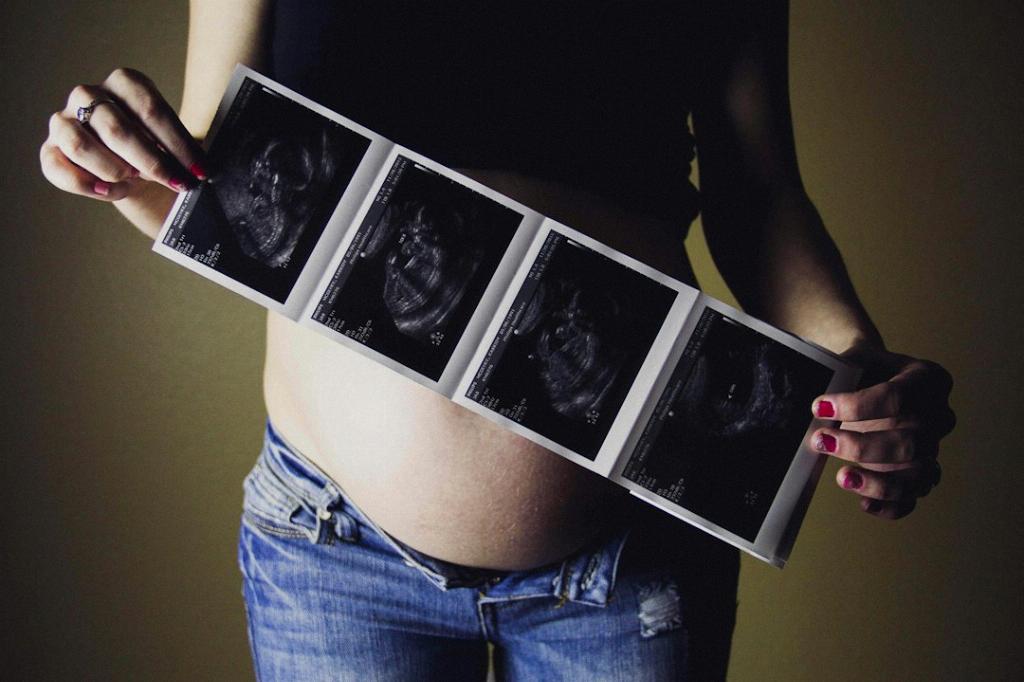When you first find out you’re pregnant, it’s natural to have concerns about the viability of your pregnancy. Understanding what makes a pregnancy viable can help ease your worries and provide you with valuable information about your health and the health of your baby.
What Does “Viable Pregnancy” Mean?
A viable pregnancy refers to a pregnancy that has the potential to continue developing normally and result in a healthy baby. It signifies that the pregnancy is progressing as expected and that there are no major complications that could jeopardize the well-being of the fetus.
How Is Pregnancy Viability Determined?
Healthcare providers utilize various methods to assess the viability of a pregnancy. One common approach is to monitor the levels of pregnancy hormones, such as human chorionic gonadotropin (hCG), in the blood. Additionally, ultrasound scans can provide critical insights into the development of the fetus and the presence of a gestational sac.
Early Pregnancy Signs of Viability
In the early stages of pregnancy, signs of viability include a healthy increase in hCG levels, visible fetal heartbeat on an ultrasound, and appropriate growth of the gestational sac. These indicators suggest that the pregnancy is on track and has a high likelihood of proceeding successfully.
Understanding Ultrasound Results
Ultrasound imaging plays a pivotal role in assessing the viability of a pregnancy. By examining the size of the gestational sac, fetal development, and presence of a fetal heartbeat, healthcare providers can gauge the progress of the pregnancy and detect any potential issues early on.
Fetal Viability in Late Pregnancy
While early pregnancy viability focuses on the initial stages of fetal development, late-pregnancy viability pertains to the fetus’s ability to survive outside the womb. Factors such as gestational age, lung development, and overall health significantly influence fetal viability towards the end of pregnancy.
Consulting with Healthcare Providers
If you have concerns about the viability of your pregnancy, it’s essential to communicate openly with your healthcare provider. They can offer guidance, perform necessary tests, and provide reassurance based on your unique circumstances and medical history.
Emotional Aspects of Pregnancy Viability
Assessing the viability of a pregnancy can provoke a range of emotions, including excitement, anxiety, and anticipation. It’s normal to experience mixed feelings as you navigate this crucial stage of your pregnancy journey.
Educating Yourself About Pregnancy Viability
By educating yourself about pregnancy viability, you can make informed decisions regarding your prenatal care and well-being. Stay informed about the process, ask questions, and seek support from healthcare professionals and loved ones.
Importance of Prenatal Care
Regular prenatal care is vital in monitoring the viability and health of your pregnancy. Attending scheduled appointments, undergoing recommended tests, and following your healthcare provider’s advice can optimize your chances of a successful and viable pregnancy.
Seeking Support and Guidance
If you have uncertainties about your pregnancy’s viability, don’t hesitate to seek support from online resources, support groups, or mental health professionals. Addressing your concerns and emotions can help you navigate this challenging yet rewarding period with confidence.
Final Thoughts
Remember that every pregnancy is unique, and the concept of viability encompasses various factors that contribute to a healthy and successful outcome. By staying informed, seeking professional guidance, and prioritizing your well-being, you can approach your pregnancy journey with resilience and optimism.

